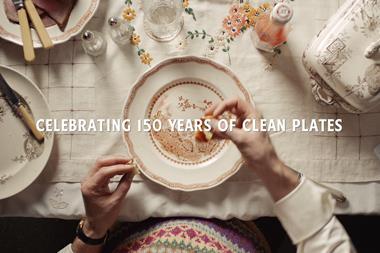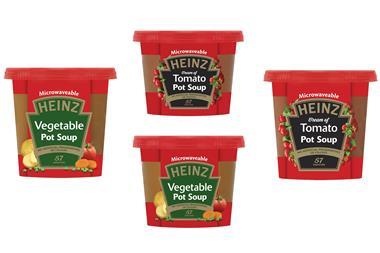More than 2.1 million units of cheap plain-packaged grocery products will have been sold through Company Shop’s growing network of stores when its financial year draws to a close on 30 September.
The UK’s largest redistributor of surplus stock said the plain pack figures, which now account for almost 5% of total sales and growing, are “evidence that aesthetics are not everything”.
The company has a commercial redistribution model which allows it to accept surplus products from across the supply chain, including manufacturers and the big four supermarkets, as well as Waitrose, M&S and Aldi, which may otherwise have gone to waste.
Products are then re-sold through its member-only stores at around a third of normal retail prices.
Surplus stock is accepted across chilled, ambient and frozen categories with a significant quantity of it yet to be packaged or requiring repackaging because of labelling errors.
As a result, a growing number of Company Shop products are sold in plain packaging with a simple black and white label showing nutritional, ingredient and allergen information, together with the best before and/or use by date.
Plain packaged products sit alongside a wide range of supermarket own brand and manufacturer branded products from companies including Nestlé, Warburtons and Heinz which are also sold at discounted prices.
There are currently five member-only Company Shops across the UK, with a sixth opening near Sunderland next month. Membership is subject to eligibility criteria.
Company Shop managing director Jane Marren said: “We are delighted at these sales figures, which show that consumers are more than willing to purchase ‘unpretty’ products that would otherwise have gone to waste.
“This example shows how we can work with suppliers, manufacturers and brands to ensure that food fit for human consumption reaches people’s plates.
“By redistributing surplus, we provide commercial and social returns for our partners, great products at great prices for our members, and a real environmental solution that helps to tackle the UK’s food waste challenge.”
Redistribution across the industry has soared by 50% in the last two years to 43,034 tonnes in 2017, according to recent WRAP figures.
However, it is estimated that there is potential to increase this to 200,000 tonnes annually, almost five times the current figure.
The news follows research published by the University of Edinburgh last week which reported that more than four million tonnes of good food is wasted in the UK each year due to cosmetic standards, in part because of customer expectations of how it should look.




























No comments yet